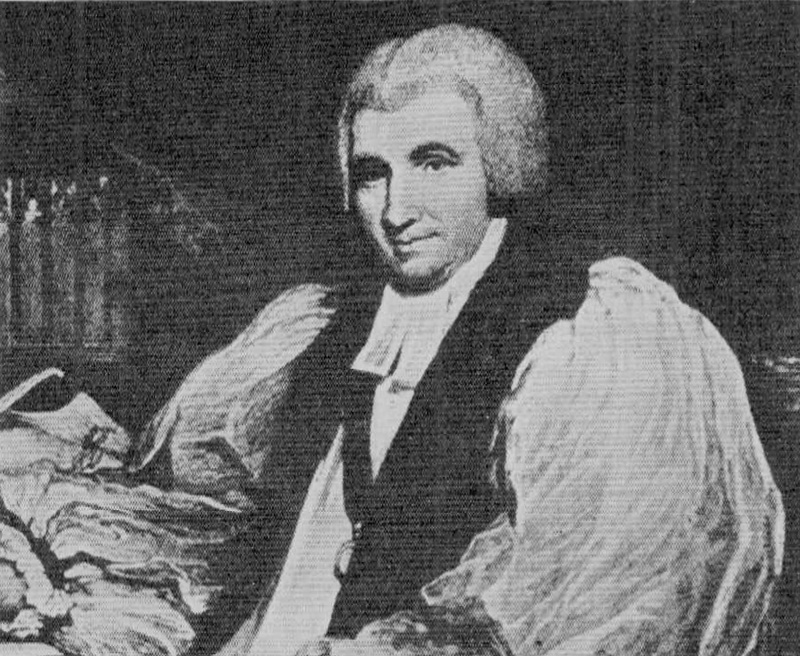
HISTORICAL EVENTS THAT TOOK PLACE ON THIS DAY IN CANADA
29 December

Jacob Mountain, First Anglican Bishop of Quebec
Marriage Law Changed
One of the most difficult problems in Canada as late as 1834 was how to get married. Until 1795, the Quebec Act seemed to invalidate marriages in Lower Canada which were not authorized by the Anglican or Roman Catholic Church. In Upper Canada one of the first things done by the Legislature after it was formed in 1792 was to pass a Marriage Act. However, Lieutenant-Governor Simcoe was determined that everyone should belong to the Church of England, and the Act allowed only Anglican ministers to perform marriage services.
Many of the United Empire Loyalists and other settlers belonged to "dissenting" faiths, chiefly Methodist, Presbyterian, Baptist, and Congregationalist and they wanted to be married by their own ministers. In many areas there was no clergy at all. Marriage services were often conducted by commanding officers of military posts or by civil magistrates. If the legality of these marriages was doubtful, the children were branded as illegitimate and prohibited from inheriting property.
The Marriage Act passed by the second session of the Legislature of Upper Canada in May, 1793, provided that marriages made in the past were legally binding, but stipulated that future marriages must follow the Church of England form. As there were now more "dissenters" than members of the Church of England in Upper Canada this aroused a great deal of criticism. In 1796 the magistrates of the eastern districts asked that ministers of all denominations be allowed to solemnize marriages, but Governor Simcoe would not hear of it. He said the idea was the product of a wicked head and disloyal heart!
Some order began to emerge from the confusion on December 29, 1798, when royal assent was given to an order validating marriages celebrated by other than Church of England clergy. By this time Simcoe had returned to Britain. It took until 1829 before a Dissenters' Marriage Bill finally became law in Upper Canada. There were similar problems in the other British North American colonies before Confederation.
Even today there are variations in marriage laws among the provinces. In Newfoundland, Prince Edward Island, Nova Scotia, New Brunswick and Quebec, marriages must be solemnized by persons in holy orders. In the other provinces, marriage services may be performed by civic officials.
OTHER NOTABLE EVENTS ON THIS DAY IN CANADIAN HISTORY
29 December
-1810 David Thompson began his journey from the Athabasca River to the Columbia River through the Rockies on snowshoes in 20 below zero weather.
-1812 The Legislature of Lower Canada met to renew the Army Bill Act and voted £25,000 for the war against the United States.
-1868 Lord Lisgar was appointed Governor-General.
-1908 The first gold coin and sovereigns were minted in Canada.
-1921 W. L. Mackenzie King formed his first government and served as prime minister for twenty-one years, five months, and five days (see April 21).